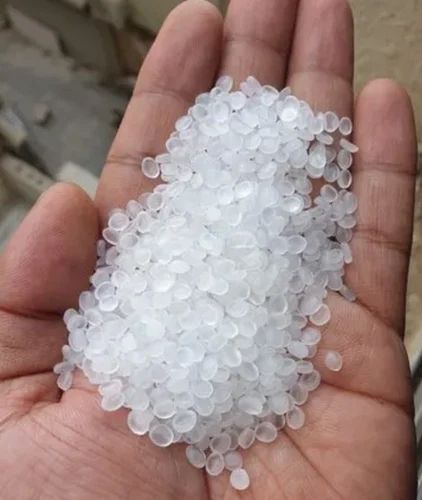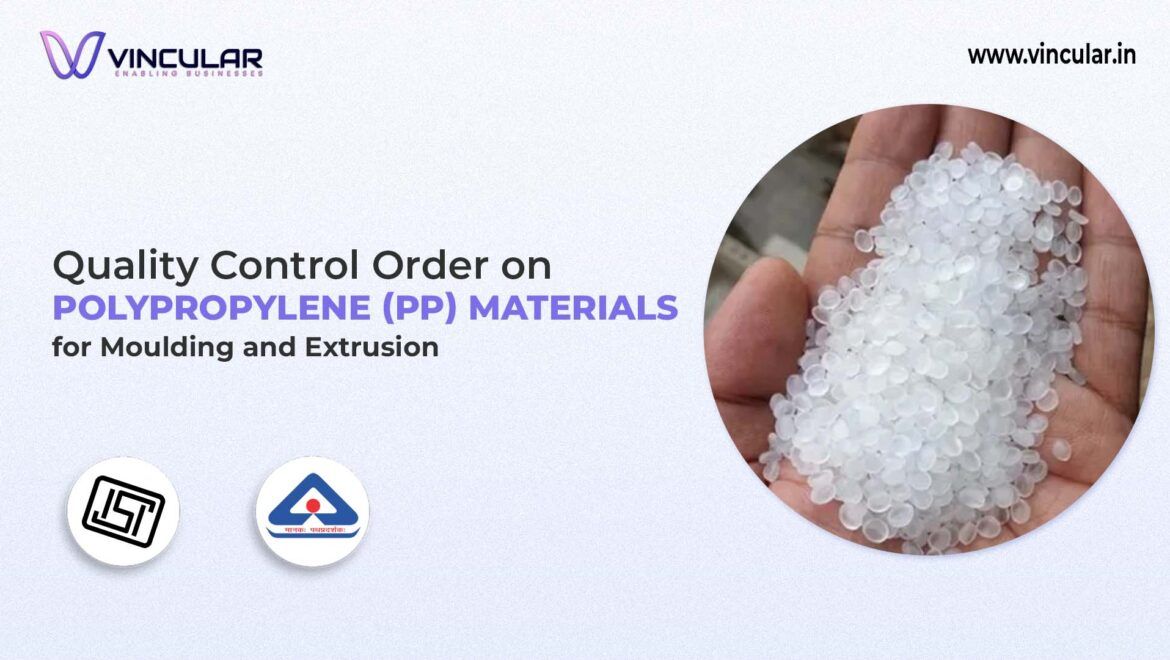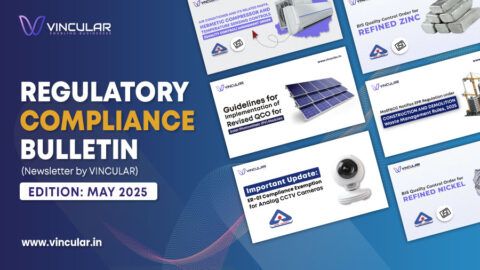
| Product | Polypropylene (PP) Materials for Moulding and Extrusion |
| Certification Body | Bureau of Indian Standards |
| Indian Standard | IS 10951: 2020 |
| Scope | This standard prescribes the designation system, requirements, methods of sampling and tests for polypropylene (PP) thermoplastics material. It applies to the material ready for normal use in the form of powder, granules or pellets and to materials unmodified or modified by additives, fillers, etc. |
| Voluntary/Mandatory | Proposed under Mandatory |
| Implementation date | The implementation date was initially August 24, 2024, but following an amendment, it has been revised to December 24, 2024. |
| End-use application | Polypropylene (PP) is widely used in Moulding and extrusion due to its versatility, excellent chemical resistance, and lightweight nature. It is ideal for manufacturing a variety of products such as automotive parts, packaging, and household items. PP’s durability and ease of processing make it a preferred material in both industrial and consumer applications. |
| Gazette Notification released by | Ministry of Chemicals and Fertilizers |
| Download Notification | -PP-Materials-for-Moulding-and-ExtrusionQCO.pdf (bis.gov.in) |
The Ministry of Chemicals and Fertilizers, Government of India regularly issues Quality Control Orders (QCOs) under the aspect of Environment, Health & Safety (EHS) to regulate various types of goods imported into or manufactured locally within the country. The objective is to foster a safe and quality-centric environment nationwide.
In line with this objective, a recent QCO has been issued to regulate “Polypropylene (PP) Materials for Moulding and Extrusion”. This product falls under the mandatory BIS-ISI Mark certification scheme (Scheme-I of Schedule II), requiring manufacturers and importers to obtain a valid license by a specified deadline. Failure to comply will lead to the prohibition of importing, manufacturing or selling these goods in the Indian market.
Certification plays a crucial role in ensuring that products meet specific quality and safety standards mandated by the government. Its implementation aims to safeguard consumers, promote standardization, uphold public health and safety, facilitate international trade, and stimulate economic development.
To achieve BIS certification, products must fully comply with all parameters outlined in the corresponding Indian Standard. This ensures that products meet stringent quality and safety requirements, bolstering consumer confidence and advancing industry standards.
Partner with Vincular for BIS-ISI Mark Certification
Looking to obtain BIS Certification hassle-free? Look no further than VINCULAR, a trusted name in regulatory compliance since 2012. Our seasoned team of experts boasts over 300 years of combined experience, ready to guide you through every step of the certification process effortlessly.
Moreover, our panel includes retired BIS officials, some having served at the Deputy Director General (DDG) level. Their wealth of experience enriches our service, offering invaluable insights and mentorship throughout your BIS certification journey. So, whether you’re just starting or need assistance with the final stages, we’ve got you covered. From paperwork to compliance checks, we handle it all, ensuring a smooth and seamless journey to BIS certification.
Curious about BIS Certification or the filing process? Visit our BIS-ISI Certification page for comprehensive information. For any support or expert guidance, reach out to us at fmcs-isi@vincular.in or call us at +91 8088805577.
Let VINCULAR be your partner in achieving BIS certification with ease and confidence.




